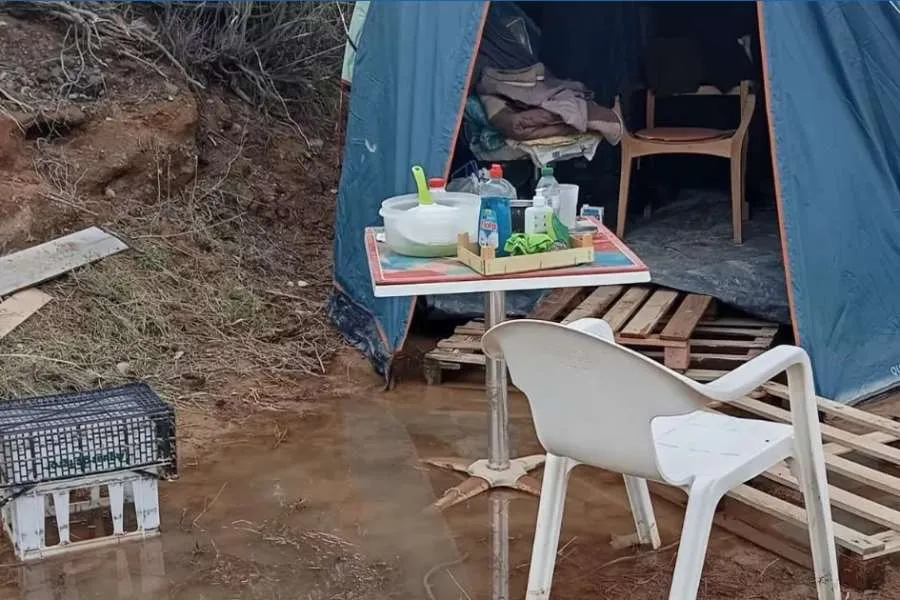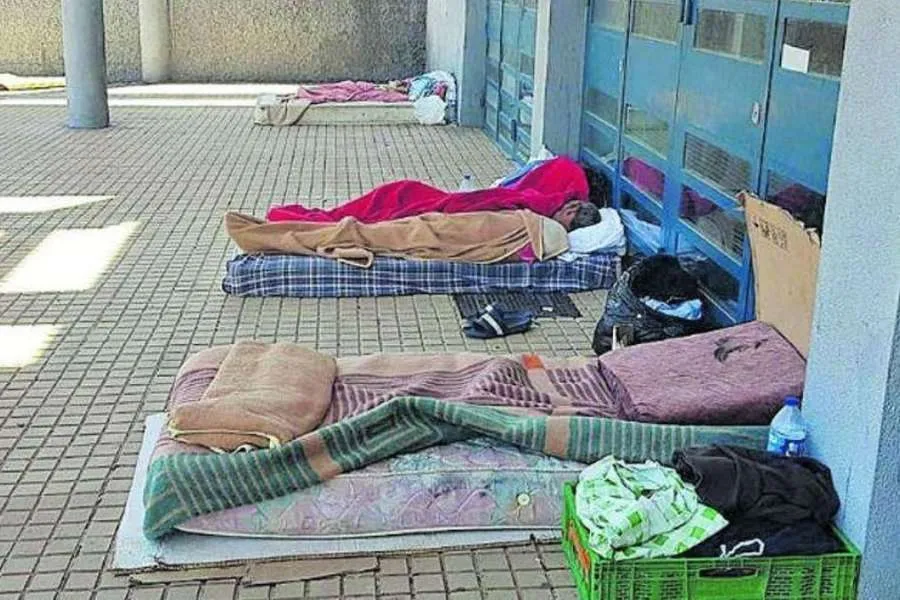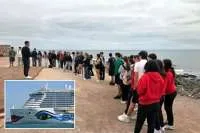Nearly 3,000 people are at extreme risk of homelessness in Tenerife,
- 11-10-2025
- Tenerife
- Canarian Weekly
- Photo Credit: El Dia / AH
Almost 3,000 people in Tenerife are living in extreme residential exclusion, according to the latest report by Cáritas Diocesana, marking the highest figure in five years and a 23% increase compared to the previous year. Cáritas warns that poverty is becoming entrenched across the Canary Islands, and the housing emergency now affects all 31 municipalities of Tenerife.
The Fifth Report on Extreme Residential Exclusion, funded by the Tenerife Island Council through the Institute for Social and Health Care (IASS), highlights that the rise in homelessness is being fuelled by the island’s worsening housing crisis, the impact of tourism and migration, and deficiencies in the social protection system.
Concentration in Six Municipalities
According to the report, 80% of homeless people are concentrated in just six municipalities: Santa Cruz de Tenerife (37.1%), Arona (10.8%), Adeje (9.5%), Puerto de la Cruz (9.5%), La Laguna (8.4%), and Granadilla de Abona (6.3%).
Cáritas draws a “clear link” between the increase in holiday rentals, the sharp rise in housing prices, and the chronic shortage of social housing across Spain.
Who Are the Affected?
Of those recorded, 76.5% are men and 23.5% are women, while 29.2% are of foreign origin, many caught in “administrative labyrinths.” Almost half (49.9%) previously lived in normal housing before falling into exclusion.
The most common causes include loss of the family home (26.1%) and rent arrears (7.2%), challenging the stereotype that homelessness stems solely from personal pathologies.
Structural Failures in Housing Policy
Cáritas criticises the Canary Islands Government’s 2020–2025 Housing Plan, which aimed to build 5,000 new homes, but only 1,152 subsidised units have been completed. Meanwhile, a third of rental aid applicants were denied assistance due to exhausted funds.
Between 2020 and 2025, 27,500 people registered as housing applicants, an increase of 10,500 compared to the previous period.
Health and Mental Impact
Residential exclusion has “devastating” health effects: 44.5% suffer from chronic illnesses, with serious mental disorders (14.8%), depression (9.2%), and anxiety (8.3%) being common.
The report also reveals that 87.3% feel hopeless about the future, 83.1% struggle with insomnia, and 82.7% experience persistent sadness, underlining the deep connection between homelessness and mental health decline.
Call for Urgent Action
Cáritas is urging authorities to increase social housing, simplify registration procedures, and create ‘bridge teams’ linking street services with social and healthcare support.
“Housing is a human right, not a privilege,” the NGO insists, reminding administrations of their duty as “guarantors of rights” and of the European Commission’s 2021 Lisbon Declaration, which commits EU member states to ensuring that no one sleeps rough due to lack of safe, adequate housing.




























































